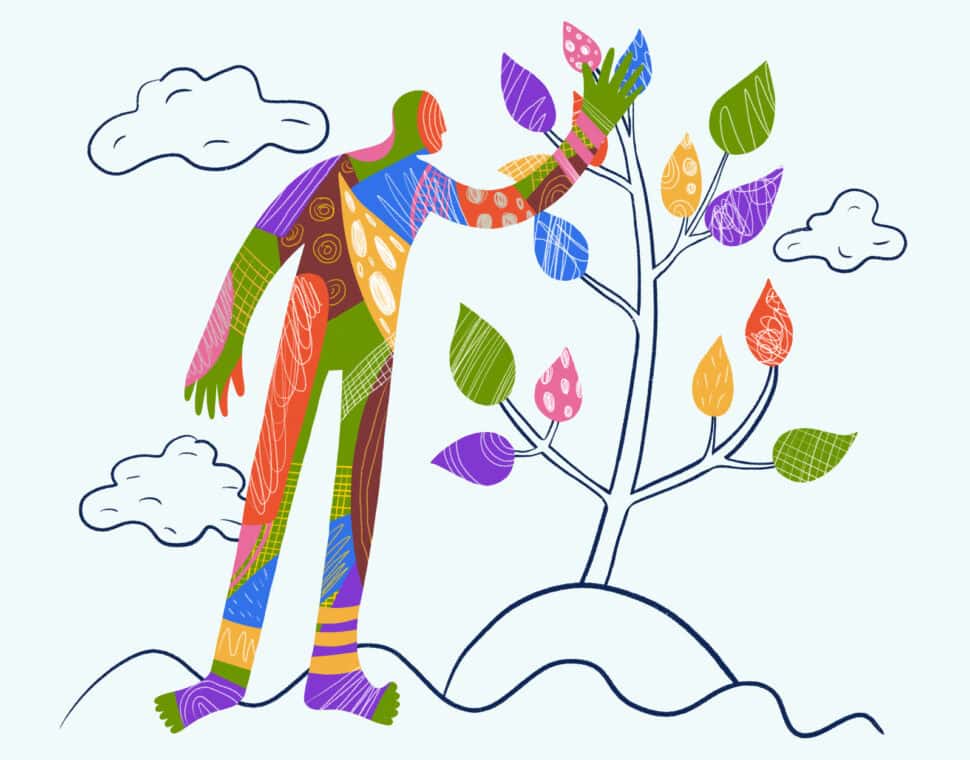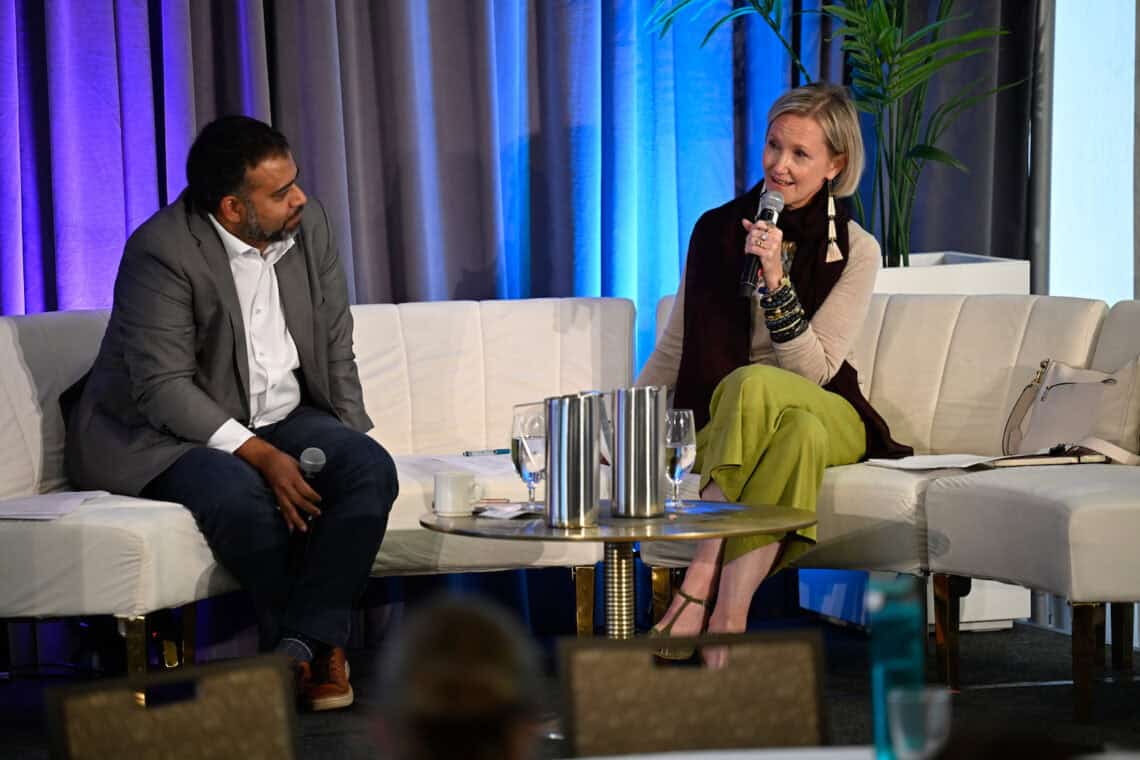Financial advisors are talking to Canadians about money – but are they talking about charity?
Death is a delicate subject, but with the biggest intergenerational wealth transfer in history underway, the charitable sector is realizing it needs to build bridges with financial advisors as they help Canadians write their wills.







